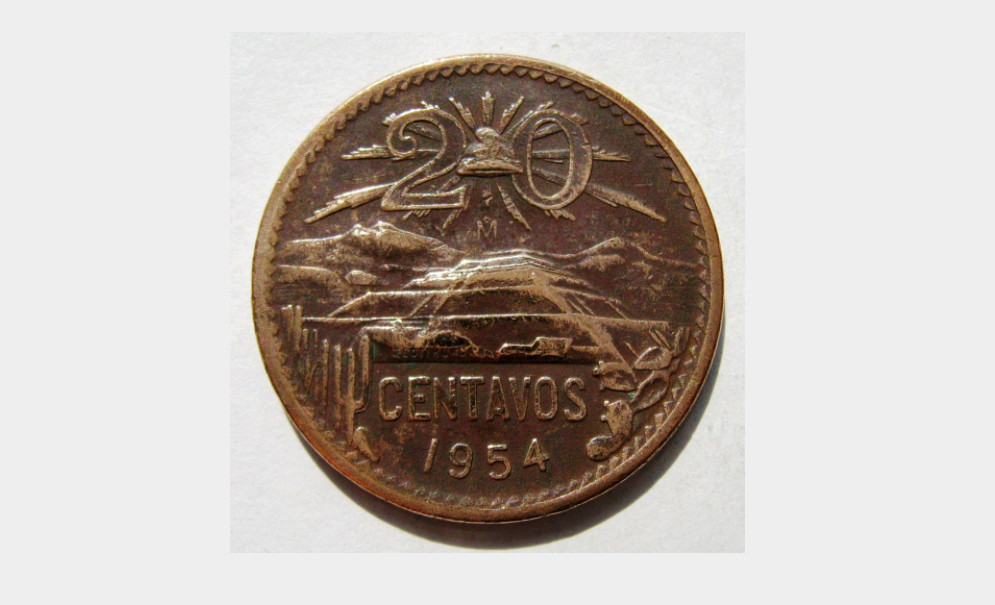El último Grito. 10 expressions that are not so easy to figure out (4)
Here are 10 common random idioms you may have trouble with if you hear them for the first time: Expression Approximate literal translation (what you might think you actually heard) Explanation pasado mañana past tomorrow, past morning the day after tomorrow, passing tomorrow el último grito the last scream? The last shout? the last […] More













